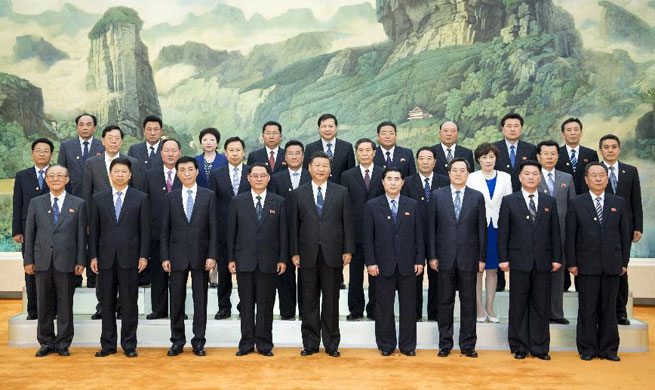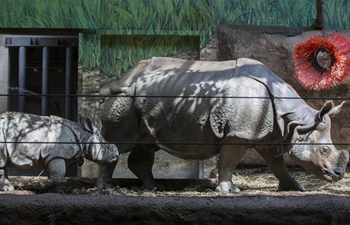BRUSSELS, May 16 (Xinhua) -- Forests expand in correlation with human well-being, not the geography of climate trends, a new study in journal PLOS One has found.
A significant positive correlation was observed between the rate of change of forest resources and the Human Development Index (HDI), a composite index of life expectancy, education and per capita income indicators by the United Nations Development Program, said the study authored by three Finnish scientists.
The study records a consistent positive trend of forest expansion in high-income countries, with only one exception of Brunei. In contrast, forest growing stock decreased especially in the African region, where HDI was low.
The reason is that highly developed countries apply modern agricultural methods on good farmlands and abandon marginal lands, which become available for forest expansion. Richer countries also invest more in sustainable programs of forest management and nature protection.
Low-income countries, however, possess limited scientific capacity for land and forest inventory.
"Improving the well-being of people will contribute to enhancing ecosystem services from the global forests," the study's lead author, Prof. Pekka E. Kauppi of University of Helsinki, told Xinhua.
The study dealt a blow to the so-called "CO2 fertilization" theory, which said higher levels of carbon dioxide contribute to the growing abilities of plants and trees.
The authors found that forest growing stock did not correlate with temperature change with an exception in Europe, meaning "elsewhere, the change of growing stock was virtually unrelated to the rate of climate warming."

















